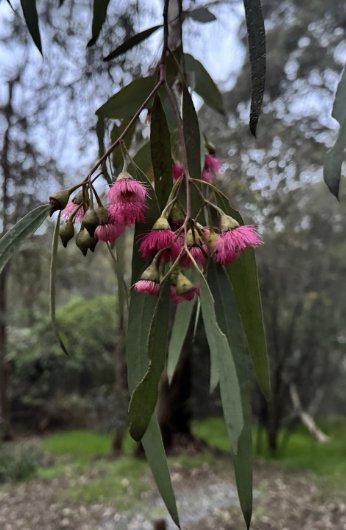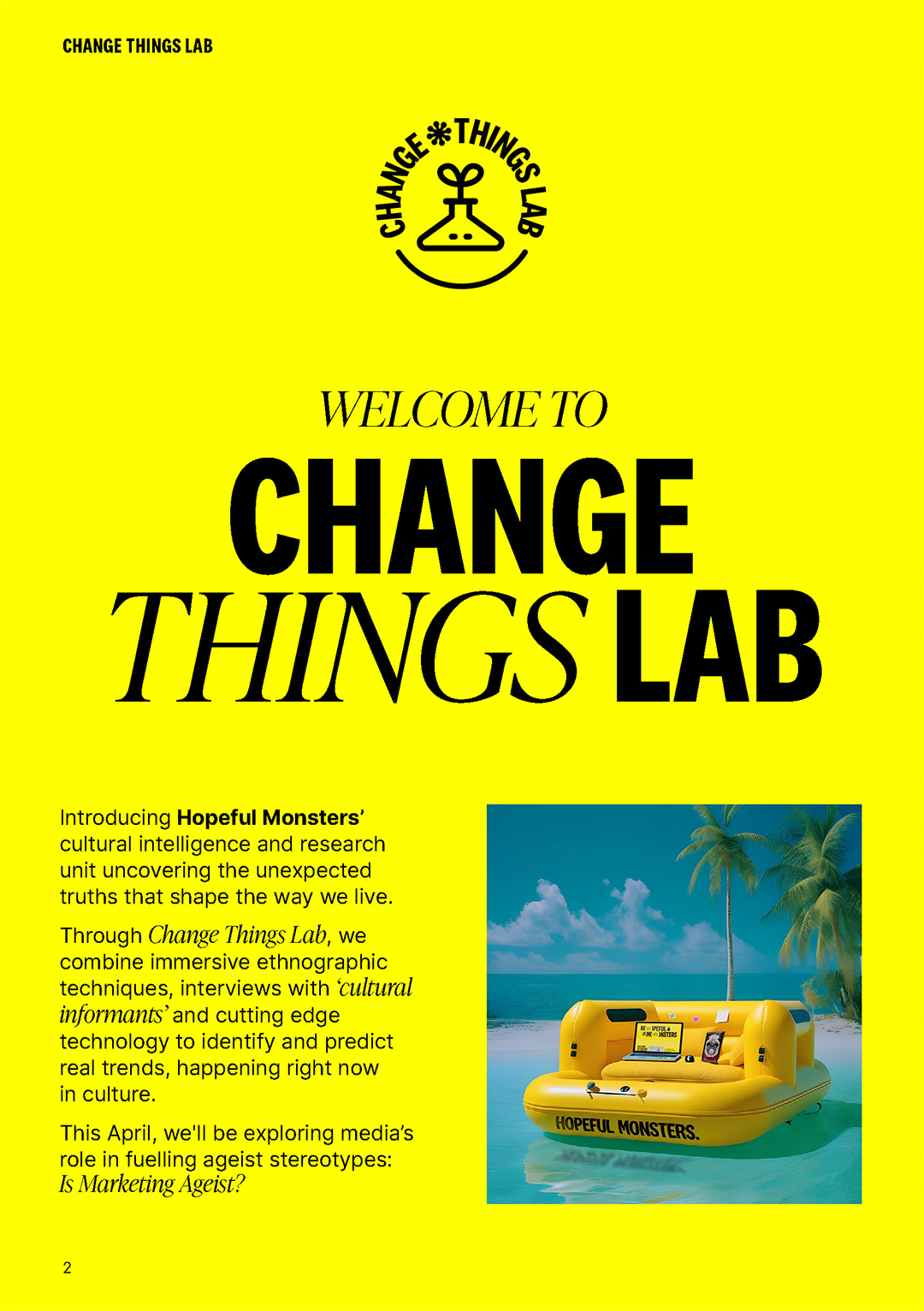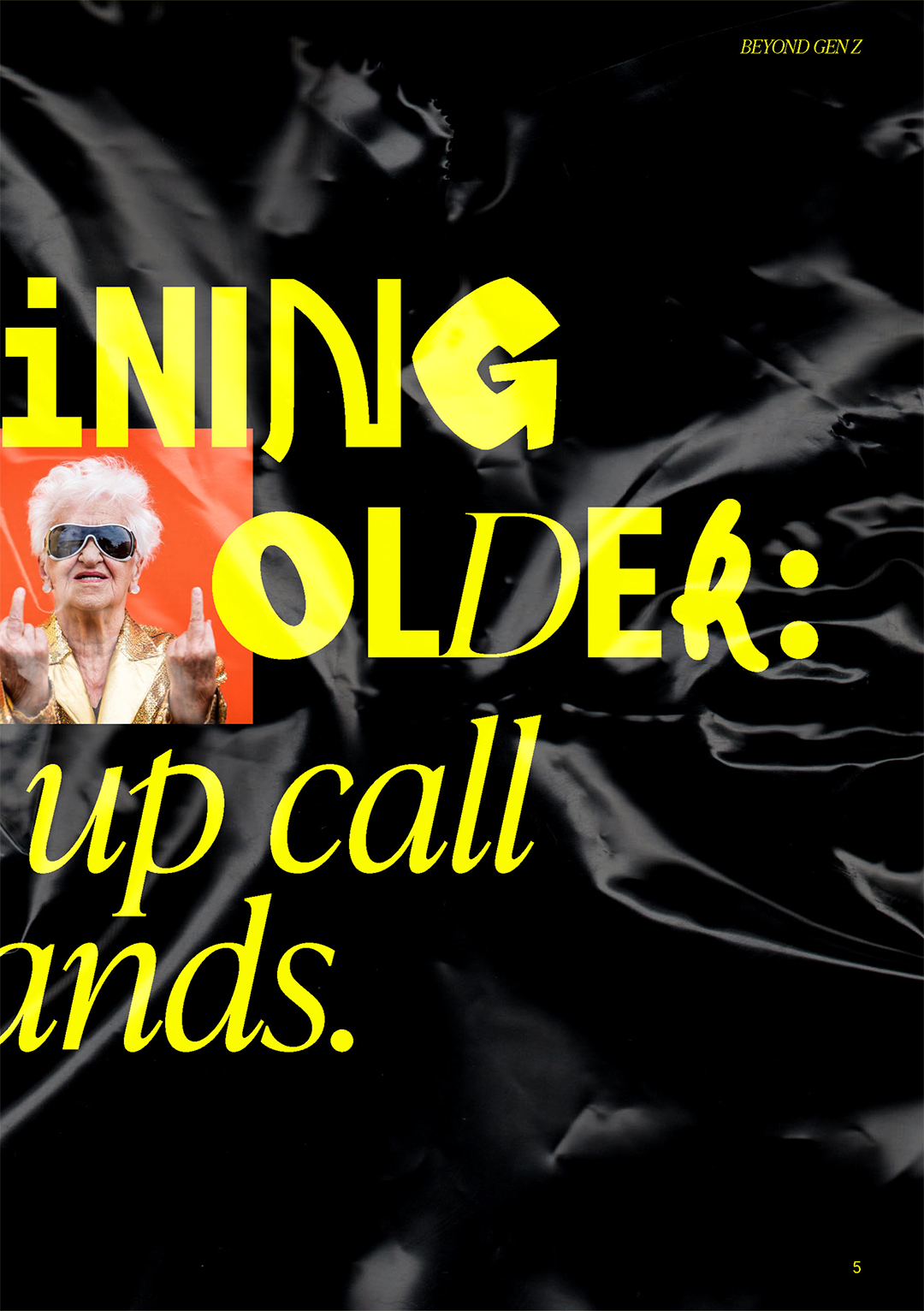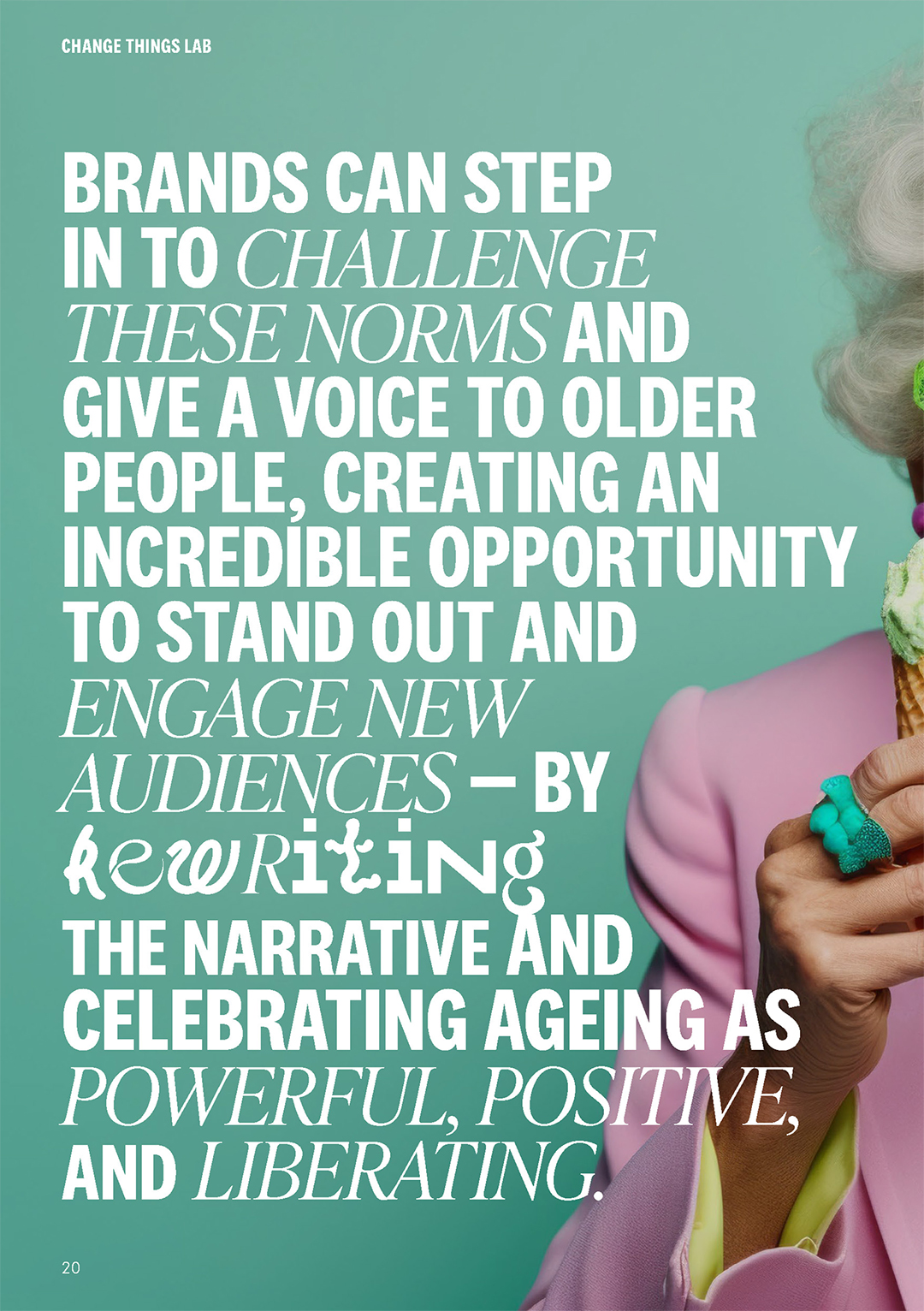September 9, 2025
I recently re-read Anne of Green Gables (for the third time), a long-time comfort read of mine. As I turned the pages, I realised why I’d been drawn back - Anne’s deep connection not only to her imagination, but to the natural world around her. Something I’ve been sorely missing of late.
(Not read it? No problem - all you need to know for this discussion is that Anne Shirley was imaginative, creative, and ahead of her time.)
This time, in 2025, I found myself wondering: if Anne were born today, would she embrace AI for creativity, or resist it? On one hand, she was a free spirit, swept away by the beauty of the world. On the other hand, she welcomed change and progress. But my instinct says Anne would recoil at how much time we spend staring at screens, when a magical world waits outside.
So, in Anne’s honour, I’ll be debating for the affirmative: “That Nature is better than AI for the scope of the imagination.” My opponent (ChatGPT) will take the negative. And you will be the judge.
A few rules: I’ll write my side of the argument outside, in nature. No AI prompts or refinements, just the occasional Google for facts. Neither side will read the other’s argument until the end (only the definition shared), but we can try to guess at counters.
Let’s begin!
The topic for our debate is ‘Nature is better than AI for the scope of the imagination’. Nature being the natural world - bush, beach, animals, and people (because yes, humans are nature). ‘Scope of the imagination’ means letting your mind go wild, taking it to wonderful and weird places, driving creativity.
So for context, right now, I’m sitting under my favourite tree, a droopy white gum with clusters of bright pink flowers. Against today’s grey sky, the colours seem even richer. There are endless layers of green leaves, some fresh, some fading.
It reminds me of something someone once told me, that humans can see more shades of green than any other colour. I suppose it was to help us see in the bush (forest, jungle - take your pick), to help protect us and hunt. And the incredible upside is that it has also allowed us to enjoy the layers and depth of these views … and yet, here we are, spending 7 hours of our day looking at a screen … for some, even longer.
In recent years, there’s much talk of declining creativity, with AI pitched as the antidote and at first, I agreed. But sitting here, I wonder if the real problem is less time in nature and, perhaps equally so, less time with real people.
Based on a report from 2016, KH Kim’s extensive study of Torrance Tests found creativity scores rose until 1990, but have fallen since, citing standardised testing, risk aversion, and notably, technology as factors in the decline.
For example, normally, I would be sitting inside, confined to my four walls, looking at a bright and stark screen. So me, imagining those little gumnut flowers above me, becoming little gumnut babies, having adventures with butterflies, lizards and frogs (like in my son’s favourite picture book) would be pretty much out of the question, right?
While I expect my opponent will likely argue its infinite ability to think beyond a natural world, I can’t help but think that that’s because AI cannot experience the natural world, and in fact, is actually bound by what it can learn from data. It can study images, videos and words, but being able to sit in nature, and experience it fully (i.e. feel it, smell it, taste it, etc) is something quite different altogether. It’s emotional and full of feeling.
Nature is constantly rewriting itself – a new breeze blows in, and an old leaf falls – no moment is precisely the same, and no human experiences the world the same way either. And so arguably, nature already provides an infinite canvas for the imagination to draw upon.
True creativity is something you feel. I have it right now, my hand can barely keep up with my thoughts as they spill out of me, I’m so excited by what I want to say, that my tummy is churning, my eyes are bright, and I feel so incredibly present in my inspiration. And to me, that is creativity - not sifting through generated ideas searching for a nugget, to help you prompt some more.
I suspect it’s not only technology, but also monetisation that has dulled imagination. Time is money, but art can’t be rushed. Yet society pushes us to reach big ideas faster, meaning we are all creating at pace - ultimately leading to what can only be described as a lot of uninspiring output – and now we’re competing to monetise AI too?
While I’ve gone a little off course, my point is this: Nature remains where inspiration lives, and I argue that in recent years, we’ve forgotten that. How many of you have stepped away from your laptop, taken a walk, and felt an idea come on?
So yes, use AI as a tool, but don’t let it become your default or your safety net either. Real imagination is born from unrepeatable, lived moments
Use pen and paper, let your fingers get inky, breathe in some fresh air, and let your ideas and thoughts spill out of you exactly as they come. Let AI help you (to a degree), but don’t let it become the main fuel for your imagination. Leave that to nature.
We agree with the affirmative team’s definition:
Where we differ is in the claim that nature is better. We argue AI offers a broader, faster, and more inclusive canvas. AI removes limits and allows everyone to participate in creativity at a scale nature cannot.
Nature is bounded, AI is boundless
Nature inspires, but is constrained by physical laws. Gravity pulls, skies stay blue, forests remain forests. AI isn’t. It can imagine sideways gravity, flying fish in jungles, or coral reef skyscrapers. Imagination thrives on breaking rules — AI multiplies those sparks into infinite possibilities.
AI empowers everyone
Nature exists; we interpret it. AI interacts, responds, collaborates. A child can imagine “a city on Mars made of marshmallows” and see it instantly. A scientist can prompt designs for climate solutions. AI democratises imagination, unlocking it for anyone, not just trained artists or scientists.
AI accelerates exploration
Nature moves slowly — seasons, evolution, landscapes shifting over centuries. But imagination often needs speed. AI lets designers, musicians, or writers iterate hundreds of variations in hours. It reduces the gap between idea and execution, turbocharging creativity.
AI fuses worlds
Nature is compartmentalised. An ocean remains an ocean. AI blends. It can merge a rainforest with glass or create a duet between Beethoven and Beyoncé. This cross-pollination creates new realms of imagination nature alone cannot.
AI remembers and evolves
Nature inspires but forgets. AI remembers. Every prompt, every experiment builds a cumulative pool of ideas, making imagination richer and more collective over time.
The opposition will argue nature is “authentic” and AI derivative. But all imagination builds on what came before — Shakespeare drew on myth, painters on landscapes. AI does the same, only at scale, combining knowledge in ways a single mind never could.
In conclusion, Nature is beautiful and inspiring. But AI:
If imagination is about going further, AI doesn’t just match nature — it leaps beyond it.
—
That’s it from us, now you be the judge. Are you Team Nature or Team AI?


























